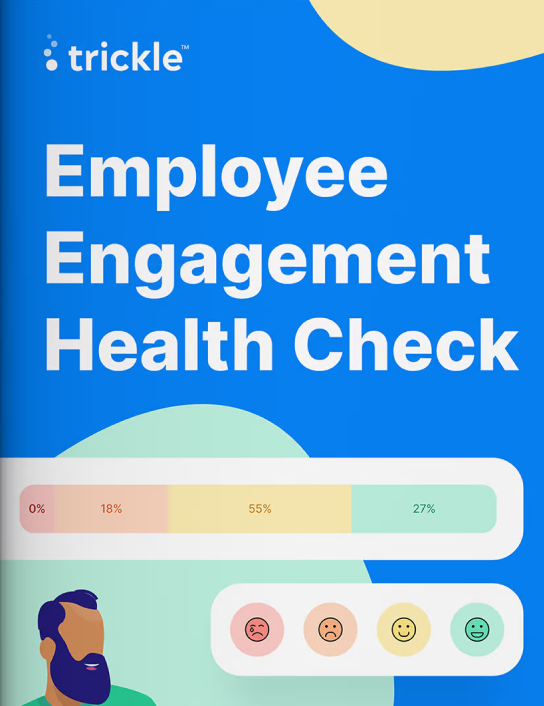How well does your company engage its employees?
Take your health check and find out.


Working during a pandemic was tough for everyone, but if there was one silver lining to be found, it was probably amongst the office introverts, who were suddenly handed an unexpected opportunity to shine.
Many of the triggers that tend to stress introverts – like trying to focus in a noisy workspace, attempting to be heard in lively meetings, and simply coping with being around other people all day – vanished as we hunkered down and got on with it alone.
It’s a myth that introversion and extroversion is a measure of how outgoing someone is. In fact, it’s a description of where they get their energy from, and how they recharge their brains.
The tech sector attracts more than its fair share of introverts, as they possess so many of the skills our industry requires. Trickle values the strengths our introverts bring to the company. They see the bigger picture, they are excellent problem solvers, and their ability to remain cool in a crisis is invaluable. They’re usually self-motivated, and can completely immerse themselves in tasks at their own pace, without needing to be micro-managed.
There is no doubt, extroverts particularly suffered from the isolation the pandemic brought. They were hit hardest by the lack of collaboration, spontaneous chat with colleagues and after-work socialising. They missed the energy being around other people brings them.
Research has shown it’s the introverts who are now struggling to readjust as we return to normality at work. No wonder, after having become accustomed to what for many were the perfect working conditions – peace, solitude, and flexibility.
Work culture – especially in open-plan offices – is undoubtedly designed with extroverts in mind. Introverts are often made to feel there is something wrong with them, and some try to adapt themselves to act more like an extrovert, because they feel it will help them get ahead. This can be exhausting for them, and counter-productive.
As companies transition to new post-pandemic practices, the smart ones won’t throw the baby out with the bathwater. If you’re an extrovert leader, try to put your own biases and preferences aside and listen to all your people about what improves their wellbeing and productivity –statistically speaking, around half of them are likely to be introverts.
The problem is, they are less likely to speak up if something is bothering them. Something we often hear at Trickle is that introverts sometimes prefer to write their ideas or feelings down rather than express them verbally; they find this less daunting, and it gives them time to reflect on what they want to say before they say it.
This is when online employee engagement platforms and apps, such as Trickle, can be invaluable. They allow feedback to be gathered, sometimes anonymously, in an inclusive, agile, and transparent way that doesn’t put introverts at a disadvantage.
If your introverts are giving you a clear message; whether it’s that the office layout is causing them stress, or constant interruption from colleagues is ruining their productivity – listen to them and act. Nothing is more frustrating than giving valuable feedback, and nothing happens as a result.
People are more productive at work when they feel supported and valued. If you can, give introverts the quiet space they’re asking for, respect their need for ‘alone time’ to recharge their batteries, or build a bit more flexibility into their working day.
It won’t just be your introverted employees that thank you – your bottom line will too.